-

Behavioral and Clinical Outcomes Research Program
The Behavioral and Clinical Outcomes Research Program is the home for cancer outcomes research within the Ben Towne Center for Childhood Cancer and Blood Disorders Research.
-

Biobehavioral Oncology Research Program
Understanding how psychosocial factors impact outcomes for children, adolescents and young adults with cancer using integrated translational and behavioral approaches.
-
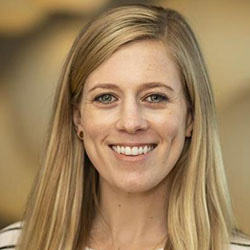
Development and Psychosocial Outcomes Lab
The Development and Psychosocial Outcomes Lab, directed by Dr. Kaitlyn (Katy) Fladeboe, is dedicated to identifying and addressing the unique psychological, social, and developmental needs of adolescents and young adults (AYAs) with cancer.
-
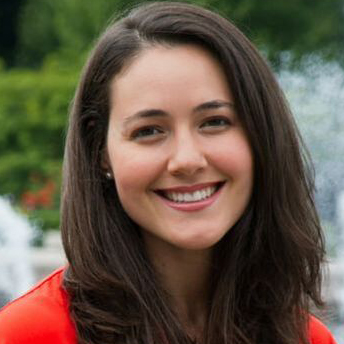
Gustafson Lab
Led by Dr. Heather Gustafson, EDIT Labs develops novel technology platforms that target and alter macrophage phenotypes.
-

Jim Olson Lab
The Olson Lab focuses on discovering novel therapeutics for pediatric cancers and, more broadly, on discovering protein/peptide therapeutics for a wide range of pediatric diseases.
-
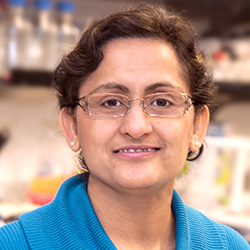
Kalia Lab
-

Lawlor Lab
-

Lin Lab
Our research goals are to expand the knowledge domain of programmed cell death and leverage it in treating acute myeloid leukemia (AML) and other hematological malignancies.
-
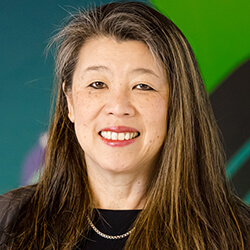
Loh Lab
The Loh Lab focuses on conducting translational studies in childhood leukemia, specifically acute lymphoblastic leukemia (ALL) and juvenile myelomonocytic leukemia (JMML).
-
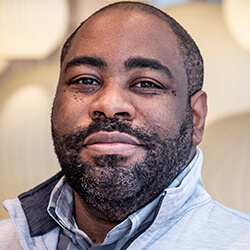
Myron Evans II Lab
The Myron Evans II Lab is working to better understand why children get brain tumors and which mutations drive those tumors. This research includes studying how the brain normally develops in mammals, and how that process goes wrong and causes brain tumors. The lab is also working to identify new targets that could lead to potential clinical trials for children. Our ultimate goal is to make discoveries that inform a new wave of brain tumor treatments that are more targeted than today’s therapies, with fewer side effects.
-
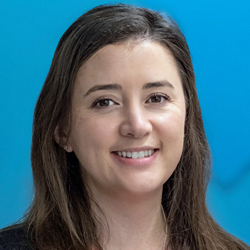
Oda Lab
We develop engineering strategies that enable T cells to overcome obstacles in the tumor microenvironment and mount a more powerful, durable and sustained attack on cancer cells.
-

Pattwell Lab
The Pattwell Lab studies the genes and processes involved in normal neurodevelopment and how they are hijacked in the context of cancer. Better understanding of normal developmental processes can help scientists pinpoint exactly when and where certain processes go wrong in tumors. This can inform therapies that target those processes — with the ultimate goal of creating more targeted cancer treatments with fewer side effects.
-
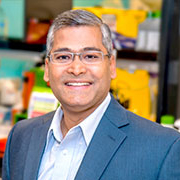
Sarkar Lab
-
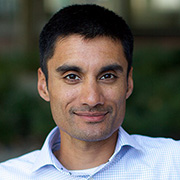
Sarthy Lab
The Sarthy Lab uses the latest tools to understand the role epigenetics plays in pediatric cancers and to explore less toxic cancer treatments. Learn more.
-
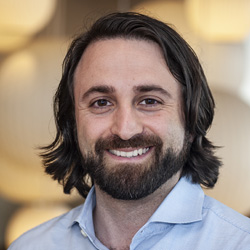
Vitanza Lab
The Vitanza lab searches for new treatments that are both safe and curative for aggressive pediatric brain and spinal cord tumors, such as diffuse intrinsic pontine glioma (DIPG), diffuse midline glioma H3 K27M-mutant (DMG), and atypical teratoid rhabdoid tumor (ATRT).
